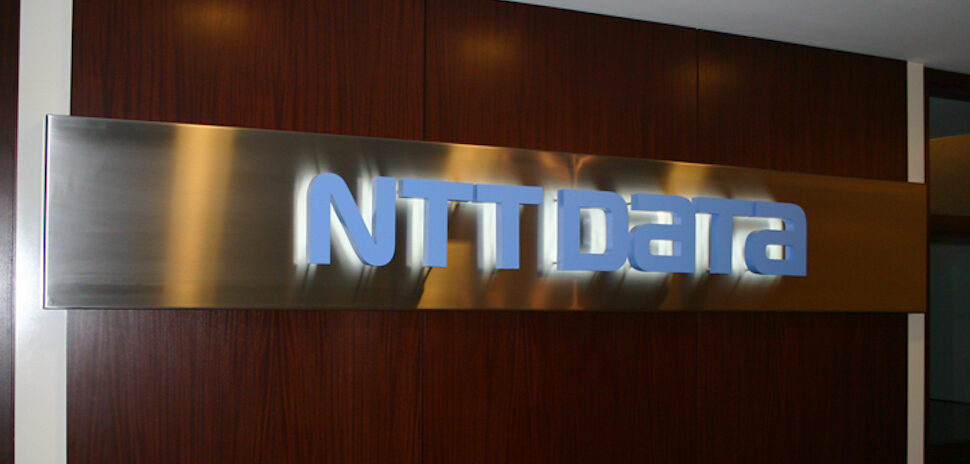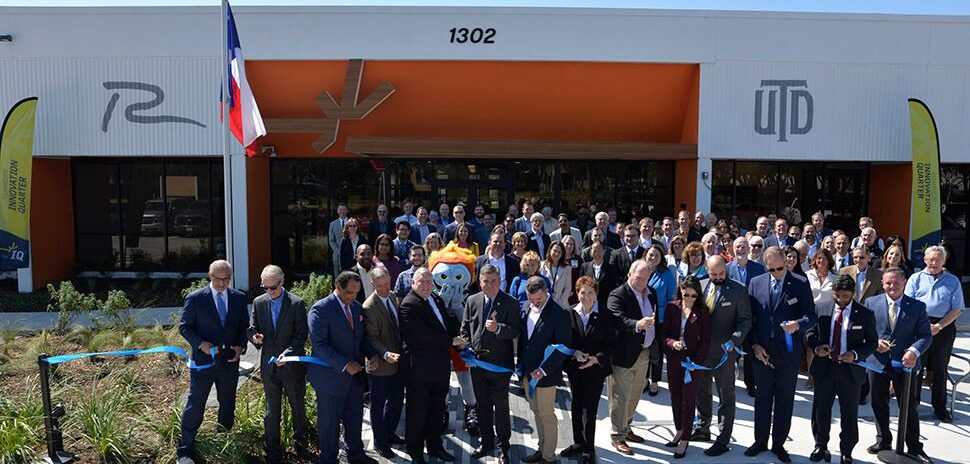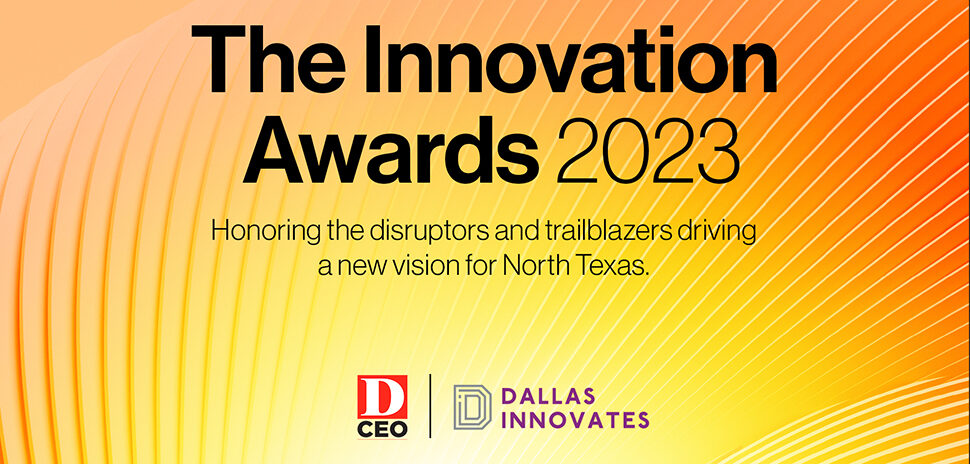NTT DATA, a $30 billion global innovator of digital business and IT services, has released its latest annual research report that shows business leaders are shifting priorities from survival to growth.
Plano-based NTT DATA, published its Innovation Index report in partnership with Oxford Economics. The survey of 1,000 business and IT executives was conducted across 16 industries in North America to find out how organizations are prioritizing digital transformation and innovation initiatives.
A focus on growing
Organizations continue to navigate complex business environments created by evolving economic and geopolitical factors, customer and employee expectations, climate change, supply chain challenges, natural disasters, and health crises. But despite macroeconomic challenges, half of the businesses surveyed are focused on growing, followed closely by controlling costs and increasing profitability, NTT DATA said in a news release.
Respondents to the survey indicated that they plan to invest more heavily in digital transformation and focus their attention on new markets. This suggests a shift from short-term tactics to longer-term strategies for successful business growth.
“Strong customer and employee experiences have never been more critical to the bottom line,” said Eric Clark, Chief Executive Officer, NTT Ltd. Americas, said in a statement. Clark says that “ensuring a profitable, resilient business starts and ends with the experiences delivered.”
Technology continues as a source of business advantage
Flexible digital strategies let businesses pivot quickly to match the pace of changing consumer and employee expectations, he notes.
And while the business challenges faced over the past several years aren’t going away, Clark says, “deploying adaptable technology models that meet the evolving needs of modern, digitally minded consumers will help businesses drive long-term revenue growth.”
Additional study highlights include:
- Creating gradual, continuous improvements on existing products is believed to have the most return on investment.
- While only 41% say they are ‘above average’ when it comes to developing an innovation-focused culture, there has been a 31% increase (to 55%) year-over-year of those who say their organization’s innovation is proactive in setting an agenda for the marketplace.
- Despite employee engagement and retention increasing as a priority nearly 70% year over year, 45% of employees still feel unfulfilled in their roles.
Executive confidence in light of disruption grew significantly between 2021 and 2022 due to investments in:
- New reskilling/upskilling initiatives 50%
- Integration of modern technologies into existing processes 48%
- Creating new products, services and business models 45%
- Incorporating new sustainable practices in internal operations 45%
- Revamping customer service efforts 35%
“Familiar concerns” and turning to the cloud
But, “familiar concerns” persist about providing high-quality experiences to consumers—including the belief that customer wants and needs change too quickly (41%) and their own lack of resources to deliver products and services on time (38%).
Businesses reported embracing cloud technology to power their businesses. According to the report, investments in public cloud infrastructure have surged over the past year, growing from 58% to 76%. This trend is not just confined to cloud computing— mobile applications (74%), composite applications (43%), and edge computing (30%) have also seen impressive growth.
93% of executives believe AI will be in common use soon
In the next two years, artificial intelligence (AI) is expected to become a regular part of everyday life for many businesses. 93% of the executives surveyed believe AI will be in common use in the near future. Presumably, the investment into AI technology comes as companies prioritize operating faster and delivering a seamless experience across channels in order to keep customers satisfied and loyal.
These investments are likely related to the increased priority in operating faster, with 37% reporting that introducing products and services rapidly and delivering a quick, seamless experience across channels are the greatest influences on customer satisfaction and loyalty, only behind product and service quality (48%).
Increased priorities for employee retention and engagement
NTT Data said that on the employee side, improving engagement and retention has gained ground with 27% of respondents naming it a priority, up from 16% in 2021.
The company said that talent shortages and a competitive labor market will continue as a challenge; more than half of the organizations survey invested in tools and work systems to make collaboration easier and launched upskilling and reskilling programs for new and/or existing workers.
It said that both of those investments are important to driving productivity and align with respondents’ overall push for growth, but the question remains if it will be enough to positively impact the top challenge to employee satisfaction: employees feeling unfulfilled in their roles (45%).
Overall, the research shows that taking proactive steps into digital transformation and strategic investments into new technologies such as AI or IoT, businesses can ensure sustainability while staying ahead of competition over time.
“Digital transformation is a continuous journey, not a one-and-done investment,” Tanvir Khan, chief digital officer, NTT DATA Services, said in a statement.
“While there are obstacles along that journey, leaders who prioritize sustainable tech investments and deliver better digital experiences will be poised to disrupt their markets and drive more valuable outcomes—outpacing the competition when it comes to growth, customer satisfaction, and retention, and the ongoing talent wars.”
Quincy Preston contributed to this report.
![]()
Get on the list.
Dallas Innovates, every day.
Sign up to keep your eye on what’s new and next in Dallas-Fort Worth, every day.


































































